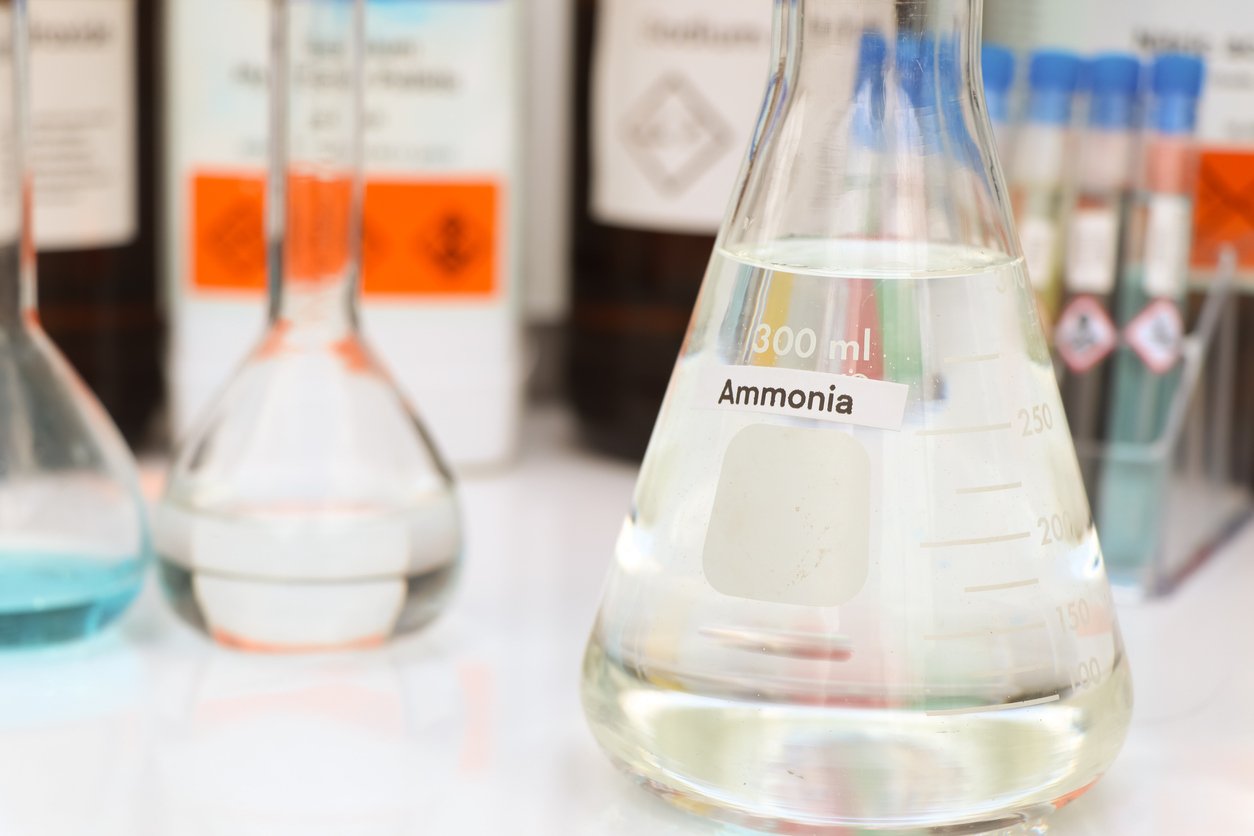Understanding the Price of Liquid Ammonia per Kilogram in Nigeria
Liquid ammonia is a critical industrial chemical with diverse applications across agriculture, manufacturing, and energy sectors. In Nigeria, its price per kilogram varies based on factors such as global market trends, domestic supply and demand, and logistical considerations. This article provides an overview of the current pricing landscape for liquid ammonia in Nigeria and offers insights into how businesses can navigate these fluctuations.
Current Price Trends for Liquid Ammonia in Nigeria
As of September 2025, the average price of liquid ammonia in Africa stands at approximately $0.45 per kilogram, reflecting a 9.2% decrease from previous periods. This decline is attributed to factors such as reduced demand from fertilizer producers and the mining sector, coupled with stable production costs due to sufficient natural gas availability .
In Nigeria, the price of liquid ammonia can vary by region and supplier. For instance, a 29 kg keg of 24.5% ammonia solution is priced at ₦80,000 in Isolo, Lagos, equating to about ₦2,758 per kilogram. This price point is influenced by local supply chains, import duties, and transportation costs.
Factors Influencing Liquid Ammonia Prices in Nigeria
Several elements contribute to the pricing of liquid ammonia in Nigeria:
-
Global Market Dynamics: International supply and demand fluctuations impact local prices. For example, the global ammonia price index shows regional variations, with Africa’s price at $0.45/kg, Northeast Asia at $0.30/kg, and Europe at $0.54/kg.
-
Production Costs: The cost of natural gas, a primary feedstock for ammonia production, directly affects pricing. Stable natural gas prices can lead to more consistent ammonia costs.
-
Transportation and Logistics: Importation costs, including shipping and handling, influence the final price. Nigeria’s infrastructure and port efficiency play significant roles in these expenses.
-
Local Market Conditions: Domestic factors such as local demand, stock levels, and regulatory policies can cause price variations across different regions.
Practical Solutions for Businesses Managing Ammonia Costs
To mitigate the impact of fluctuating ammonia prices, businesses can consider the following strategies:
-
Bulk Purchasing: Acquiring ammonia in larger quantities can reduce per-unit costs and provide a buffer against price volatility.
-
Long-Term Supplier Agreements: Establishing contracts with suppliers can lock in prices and ensure a steady supply.
-
Alternative Sources: Exploring local production or regional suppliers may offer more competitive pricing compared to international imports.
-
Efficient Usage: Implementing precise application techniques in agriculture or manufacturing can optimize ammonia use and reduce wastage.
Wigmore Trading, with its extensive network and expertise in the chemical supply chain, can assist businesses in sourcing liquid ammonia at competitive prices, ensuring consistent supply, and navigating the complexities of the Nigerian market.
Conclusion
The price of liquid ammonia per kilogram in Nigeria is subject to various influencing factors, including global market trends, production costs, and local economic conditions. By understanding these elements and adopting strategic procurement practices, businesses can effectively manage ammonia costs. For tailored solutions and reliable supply, Wigmore Trading can help streamline your sourcing needs.








Comments are closed.